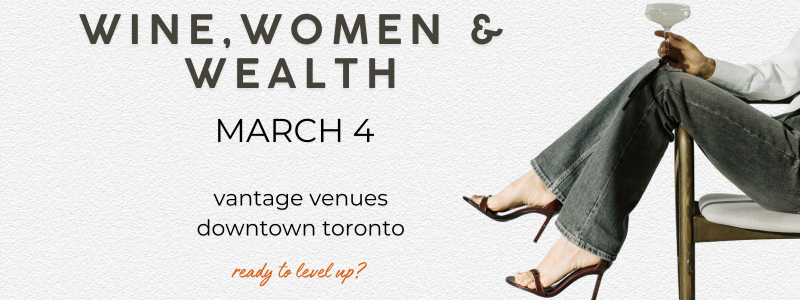What’s the Difference Between Scotch, Whisk(e)y and Bourbon?

It all comes down to place. And ingredients.
By Erin Henderson
I have a riddle I like to say to my students when I teach a sparkling wine class: all Champagne is sparkling wine, but not all sparkling wine is champagne (if you’d like to find out why, you can read more on that subject here.)
And the same goes for whisky. Sort of.
While Scotch, Bourbon, Rye, and the generic whisky title itself are indeed all types of whiskies, there are nuances, rules, and regulations to what makes each what it is.

Whisk(e)y
This is the umbrella term for a spirit that is made from fermented grains – most popularly wheat, corn, barely malt and rye – and aged in a wooden barrel, usually oak, to achieve colour, aroma, and flavour.
Whiskey, spelled with an “e” is used in Ireland and the US; whisky, without an “e” is used in Canada, Japan, and Scotland. (You can remember this as any country that begins with a vowel uses the e, and country that starts with a consonant leaves it out.)
Scotch
Let’s start with the Big Kahuna.
Scotch is the stuff of legends. The men with deep voices, leather wingback chairs, cigars, and elbow patches on their tweed jackets. Perhaps they bring along a wee dram when they go phesant hunting in the lowlands.
Ultimately a Scotch is a whisky that’s made in Scotland. It’s really that simple. However, there are a few characteristics that give Scotch its distinctive smoke.
Scotch uses a grain, usually barely, that’s been malted (a process of soaking a grain so it will germinate, or ferment, then stopping the germination by drying the grain with hot air.) Often this is done over a fire that’s been fuelled by peat – a decomposing mass of organic material found in bogs. The peat loans that hair-on-your-chest leathery smokiness to the flavour of the Scotch.
Single malt Scotch uses 100% barely that’s been sourced from a single distillery. The Glenlivet and Dalmore are examples of single malts.
Blended Scotch comes from both barley and mixed grain whiskies. About 90% of the whisky in Scotland in blended. Johnnie Walker and Dewar’s are an example of blended Scotch.
Irish Whiskey
Irish whiskey is considerably softer than Scotch, as it uses very little, and in many cases zero, peat in the drying process, making for a fruitier and far less smoky drink. It can also use a mix of grains for its base.
Ireland is believed to be the home of whiskey – and one of the earliest distilled spirits in Europe – starting around the 12th century AD. The word whisky is derived from the Irish, uisce beatha which means water of life.
Writer’s Tears, Bushmills, and Jameson are all examples of Irish whiskey.
You may also like: Cherry Whisky Sour Recipe
Bourbon
Made in America, primarily from Kentucky, but can legally be made anywhere in the US, Bourbon must be made from at least 51% corn (though the average is 70%), and blended with rye and malted barely. It also must be matured for at least two years in brand new, charred white oak casks, which loan that toasty, baking spice note to the whiskey.
Woodford Reserve, Maker’s Mark, and Buffalo Trace are examples of bourbon.
Rye
Rye can – and is – made anywhere, with similar rules to Bourbon. By definition rye must be at least 51% rye grain, though there are some 100% rye whiskies on the market, typically coming from Canada. The higher the rye content the spicier and more herbal the final flavour.
Bulleit, Knob Creek, and Old Overholt are all examples of rye.
Your next read: Winter Bar Cart Essentials

